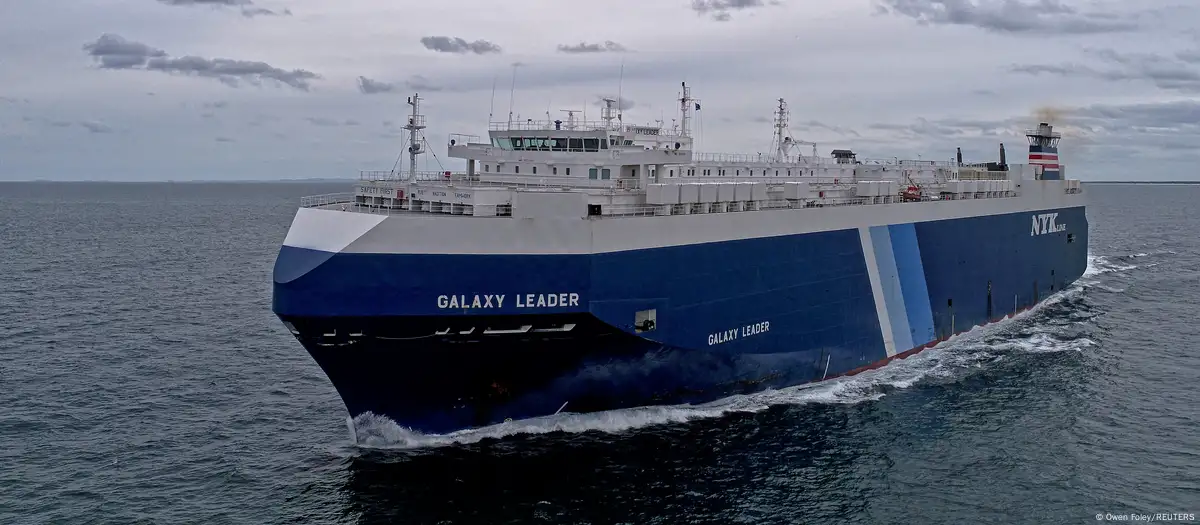
Binding Arbitration Under International Conventions for Maritime Trade Disputes Resolution

International commercial arbitration has generally become the predominant method for resolving disputes arising in international commercial activities, following the expansion of international trade relations between natural and legal persons from different countries, the increase in commercial contracts involving enormous sums, and the growing need for quick and effective solutions. Today, it has become difficult to conclude an international commercial contract without including an arbitration clause stipulating that any dispute arising from the contract shall be resolved by an arbitration panel appointed by the parties to the dispute, or through recourse to one of the commercial arbitration institutions. International commercial arbitration is no longer limited to resolving disputes arising from international trade contracts alone but has become a means to prevent disputes that may occur during negotiations of long-term contracts. Among the types of international trade that heavily rely on arbitration for dispute resolution is maritime activity, being a crucial means of international commercial transport. Disputes arising from maritime commercial activities, such as conflicts related to maritime transport contracts, vessel ownership or operation disputes, cases arising from maritime accidents like collisions or pollution, and maritime insurance disputes, require quick and effective mechanisms that keep pace with the steady increase in cross-continental maritime commercial activity. Maritime arbitration represents an ideal solution that aligns with the unique nature of relationships between its parties. It is a simple, flexible, and specialized system for resolving maritime disputes, based on the agreement of related parties to entrust their disputes to arbitrators with maritime expertise to issue binding decisions. Maritime arbitration has gained unprecedented popularity in our current era due to the flourishing of international trade movement worldwide, where maritime transport serves as its backbone. This popularity is due to the numerous advantages it offers, making it the first choice for resolving such cases, including: Speed in dispute resolution, saving time compared to traditional litigation. Confidentiality. Freedom to choose arbitrators with specialized expertise in maritime law and commercial maritime practices. Ability to determine procedures and conditions suitable for their disputes. Several international agreements have emerged to regulate maritime trade dispute resolution, most notably the 1958 New York Convention, which is considered the cornerstone of international commercial arbitration, including maritime arbitration. This convention addressed the issue of foreign arbitration decisions by requiring member states to ensure recognition of foreign arbitration awards and generally consider them enforceable in their jurisdictions, similar to domestic arbitration decisions. Following this general convention, specialized maritime trade agreements emerged, such as the 1978 United Nations Convention on the International Carriage of Goods by Sea (known as the Hamburg Rules), which allows disputing parties in maritime transport contracts to resort to arbitration. Similarly, the 2008 United Nations Convention on Contracts for the International Carriage of Goods by Sea (known as the Rotterdam Rules) aims to unify maritime transport regulations and has enhanced the flexibility of maritime arbitration by allowing contracting parties to choose the location and conditions of arbitration. As for Kuwait, maritime activity forms an essential part of its economy, given the countryS strategic location on the Arabian Gulf. Therefore, it was important to legislatively regulate this vital activity, which was accomplished through Law No. 28 of 1980 regarding Maritime Trade. This comprehensive law consists of 325 articles covering all aspects of maritime trade, including ship supervision, property rights on vessels, common ownership, privilege rights, maritime mortgage, maritime labor regulation, maritime transport contracts, maritime accidents, insurance contracts, etc. Arbitration in Kuwait is governed by Law No. (11) of 1995 concerning arbitration in civil and commercial matters, where judicial arbitration in maritime trade disputes is conducted in accordance with the general principles of international maritime arbitration. In this context, and in line with Kuwaits major development projects such as Mubarak Al-Kabeer Port and its aim to become a regional maritime transport hub, and based on the flexibility of its laws and their compatibility with international conventions, Kuwait possesses the infrastructure necessary to enhance maritime dispute resolution mechanisms through the preparation of specialized arbitrators with expertise in maritime cases and the establishment of specialized maritime arbitration centers.

